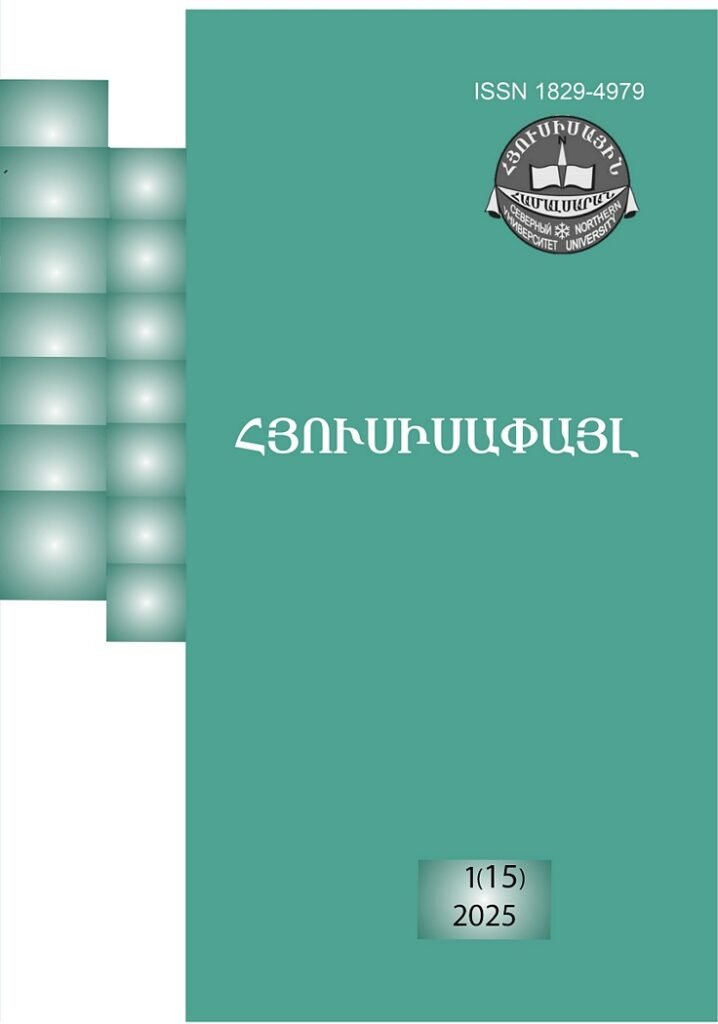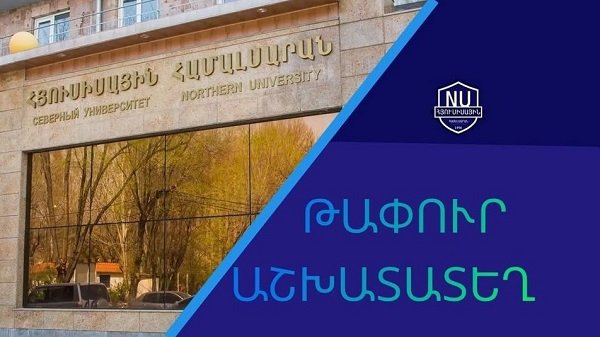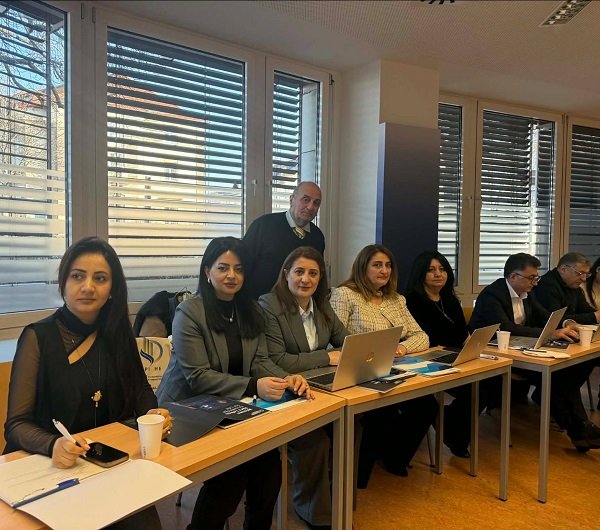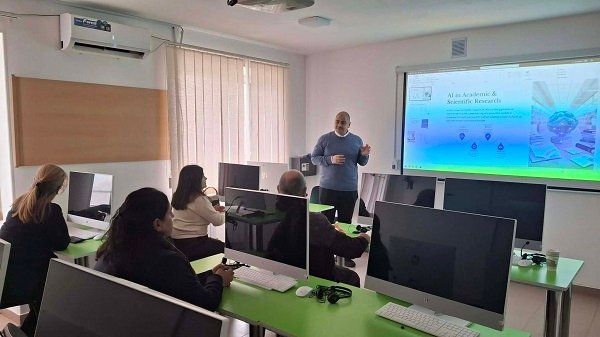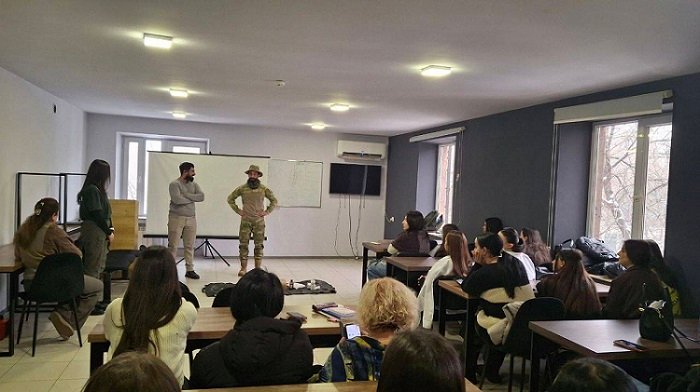THE ROLE OF ARTIFICIAL INTELLIGENCE IN SUSTAINABLE DEVELOPMENT AUDITING
Khose Angel PARES LOPES
Doctor in Economics, Sevilla University
jangel@us.es
Lusine ARUSTAMYAN
Ph.D students, Northern University
lusinearustamyan758@gmail.com
Abstract
This article explores the transformative role of Artificial Intelligence (AI) in sustainable development auditing, highlighting its potential to enhance transparency, accuracy, and efficiency in evaluating environmental, social, and governance (ESG) practices. As organizations increasingly align their operations with the United Nations Sustainable Development Goals (SDGs), traditional auditing methods often fall short in handling the complexity and scale of sustainability data. AI-driven tools—ranging from machine learning algorithms to natural language processing—enable real-time monitoring, automated data analysis, and predictive risk assessment. The article examines practical applications of AI in environmental, social, and governance audits, supported by real-world examples, and discusses both the benefits and ethical challenges associated with its use.

